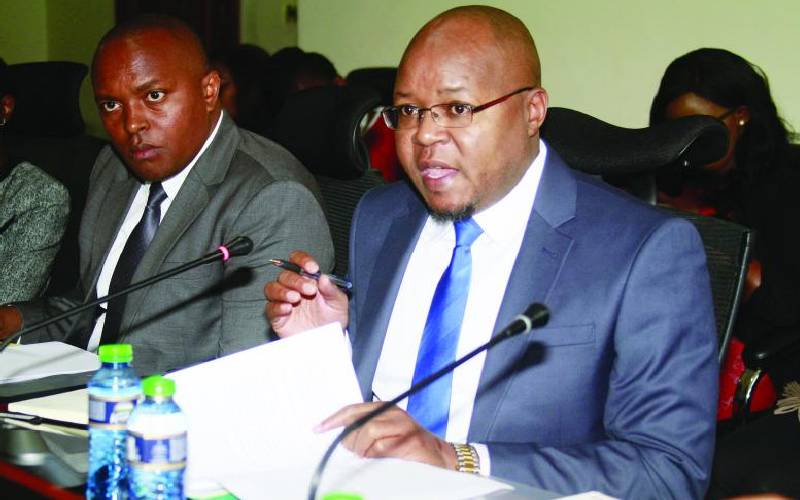×
The Standard e-Paper
Home To Bold Columnists

Energy and Petroleum Regulatory Authority Director General Pavel Oimeke. [File, Standard]
The energy sector regulator has conceded a proposal to impose VAT on solar and renewable energy generation equipment could undermine the country’s universal electrification goal.